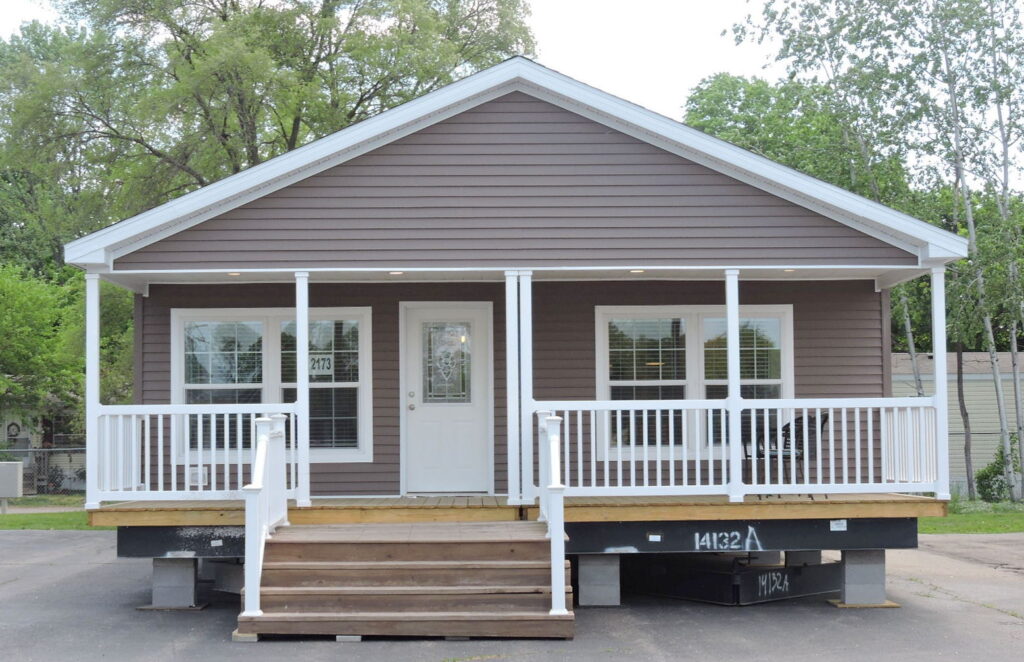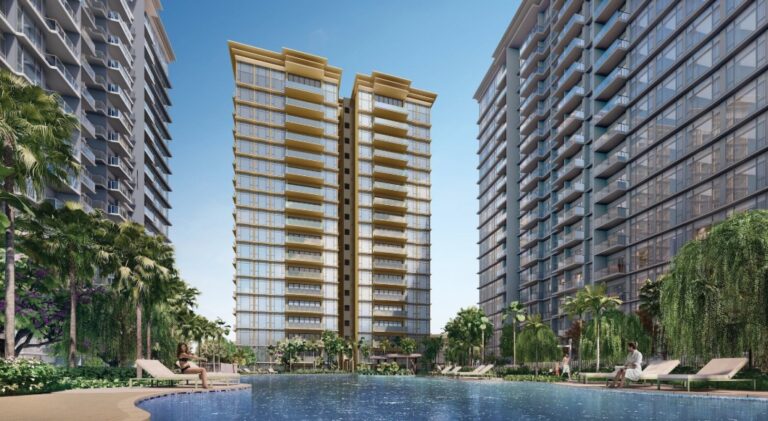When considering the benefits of modular homes, such as cost-effectiveness, energy efficiency, and faster construction time, its easy to overlook some of the potential drawbacks that come with this popular housing option. While modular homes have come a long way in terms of aesthetics and durability, there are still some key drawbacks that prospective homeowners should be aware of before making a decision.
From limited customization options to potential resale challenges, these drawbacks go beyond just the initial appearance of a modular home. So, before you commit to building one, its essential to weigh the pros and cons to determine if a modular home is the right fit for you.
Limited Customization Options
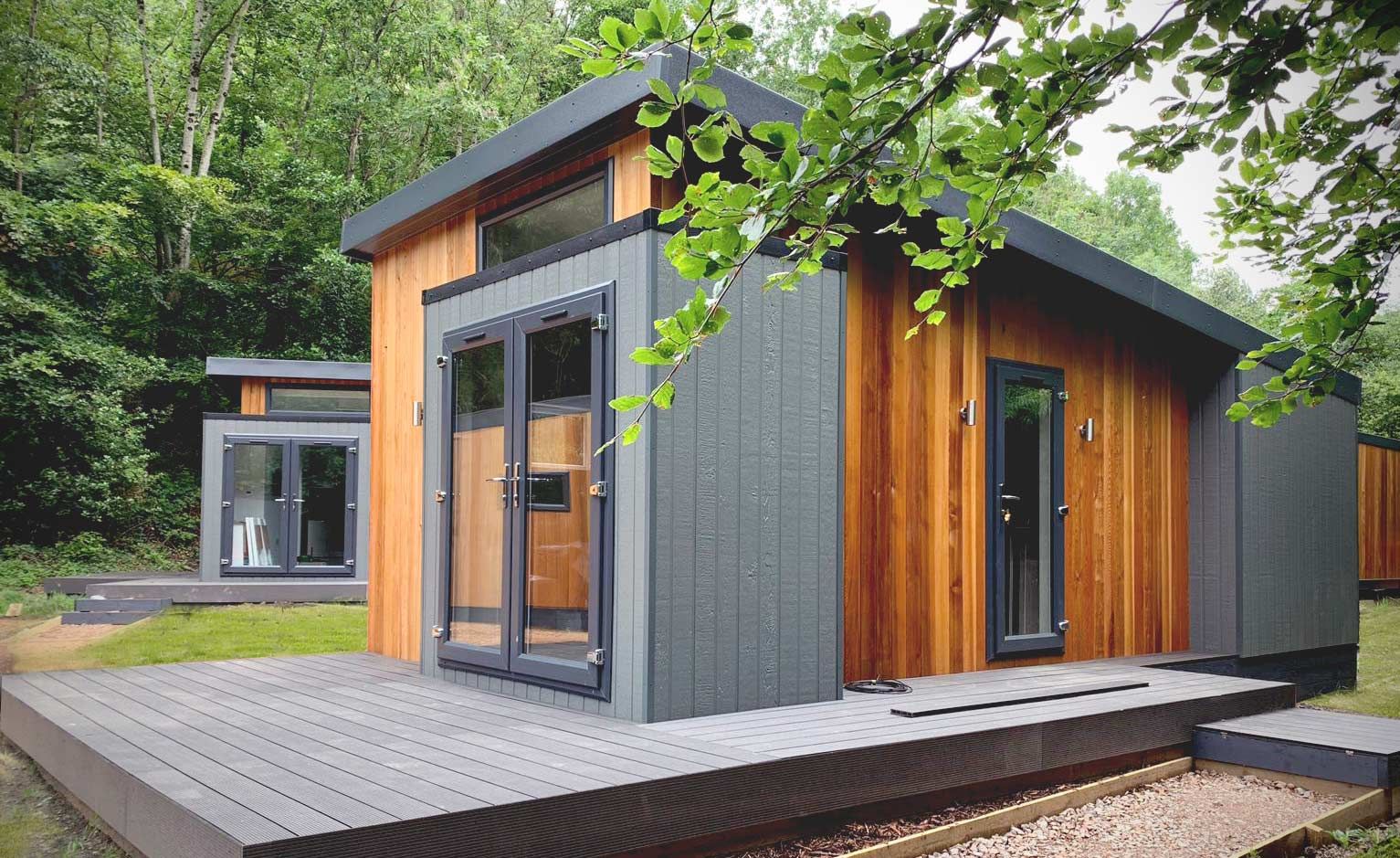 While modular homes offer some customization options, they are often limited compared to traditional stick-built homes. This can be a drawback for those looking for a truly unique and personalized home design.
While modular homes offer some customization options, they are often limited compared to traditional stick-built homes. This can be a drawback for those looking for a truly unique and personalized home design.
The limited customization options can make it difficult to create a home that truly reflects your style and preferences. This can be frustrating for homeowners who want to make their home stand out from others in the neighborhood.
Additionally, the limited customization options may make it challenging to accommodate specific needs or preferences, such as extra storage space, additional bedrooms, or unique architectural features. Overall, the lack of customization options can be a significant downside for those considering a modular home.
Potential Resale Value Concerns
Potential resale value concerns are a common drawback associated with modular homes. While the initial cost of a modular home may be lower than a traditional stick-built home, some buyers may be hesitant to purchase a modular home due to concerns about depreciation over time.
The perception that modular homes are of lower quality than traditional homes may also impact resale value. Additionally, the stigma attached to modular homes being less desirable than traditional homes could potentially affect the resale value of these properties.
However, it is important to note that with proper maintenance and upgrades, modular homes can still retain their value and be attractive to potential buyers.
Construction and Permitting Challenges
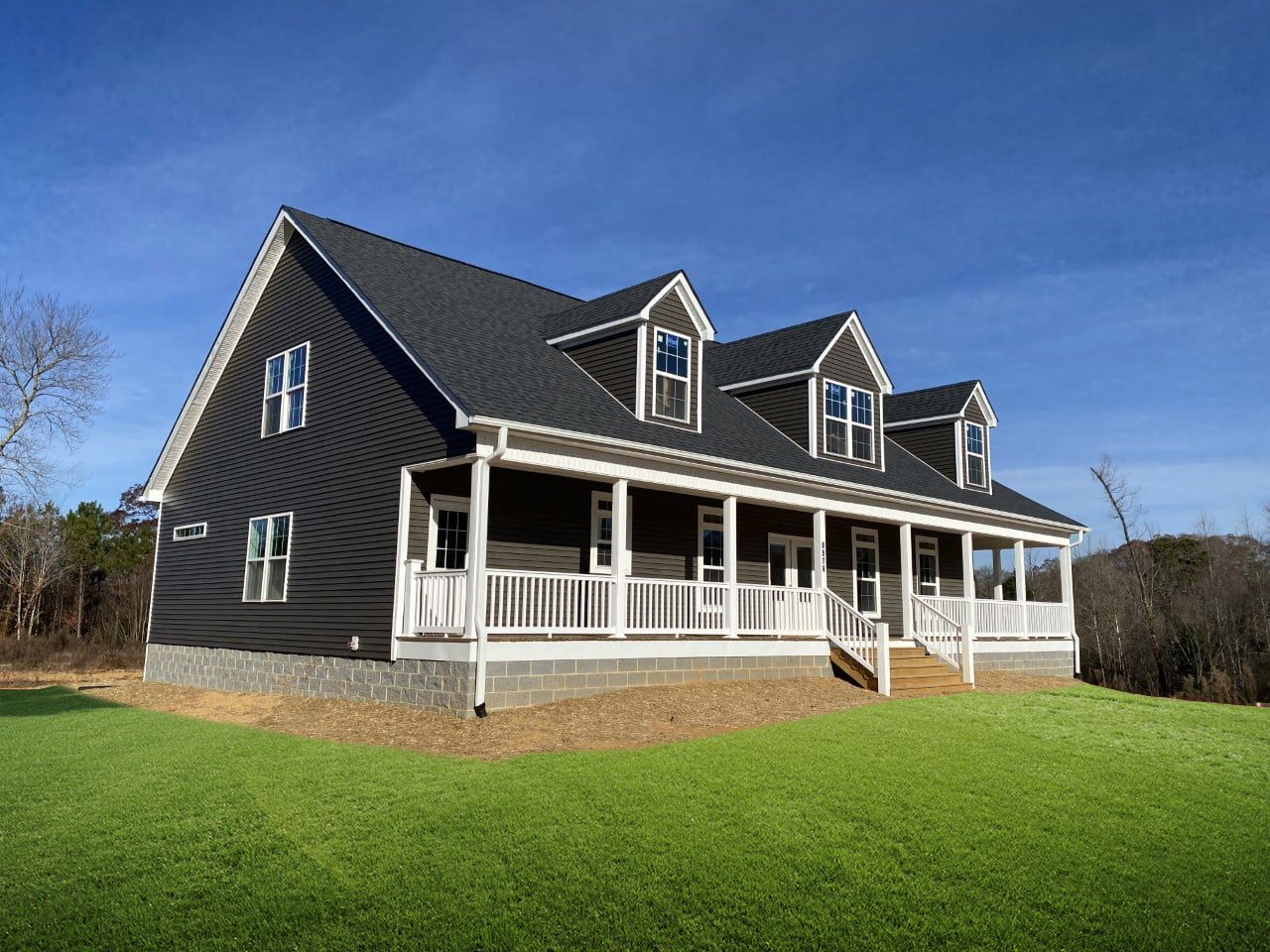 Construction and permitting challenges are frequently cited as major drawbacks of modular homes. While the speed of construction is often touted as a benefit, it can also present difficulties when it comes to obtaining necessary permits and adhering to local building codes.
Construction and permitting challenges are frequently cited as major drawbacks of modular homes. While the speed of construction is often touted as a benefit, it can also present difficulties when it comes to obtaining necessary permits and adhering to local building codes.
Modular homes must still meet the same requirements as traditional stick-built homes, which can sometimes result in delays and additional costs. Additionally, the assembly process of modular homes can be complex and require skilled labor, which may be harder to find in certain areas.
Overall, the unique construction method of modular homes can pose challenges that need to be carefully navigated by homeowners and builders alike.
Long-Term Durability Questions
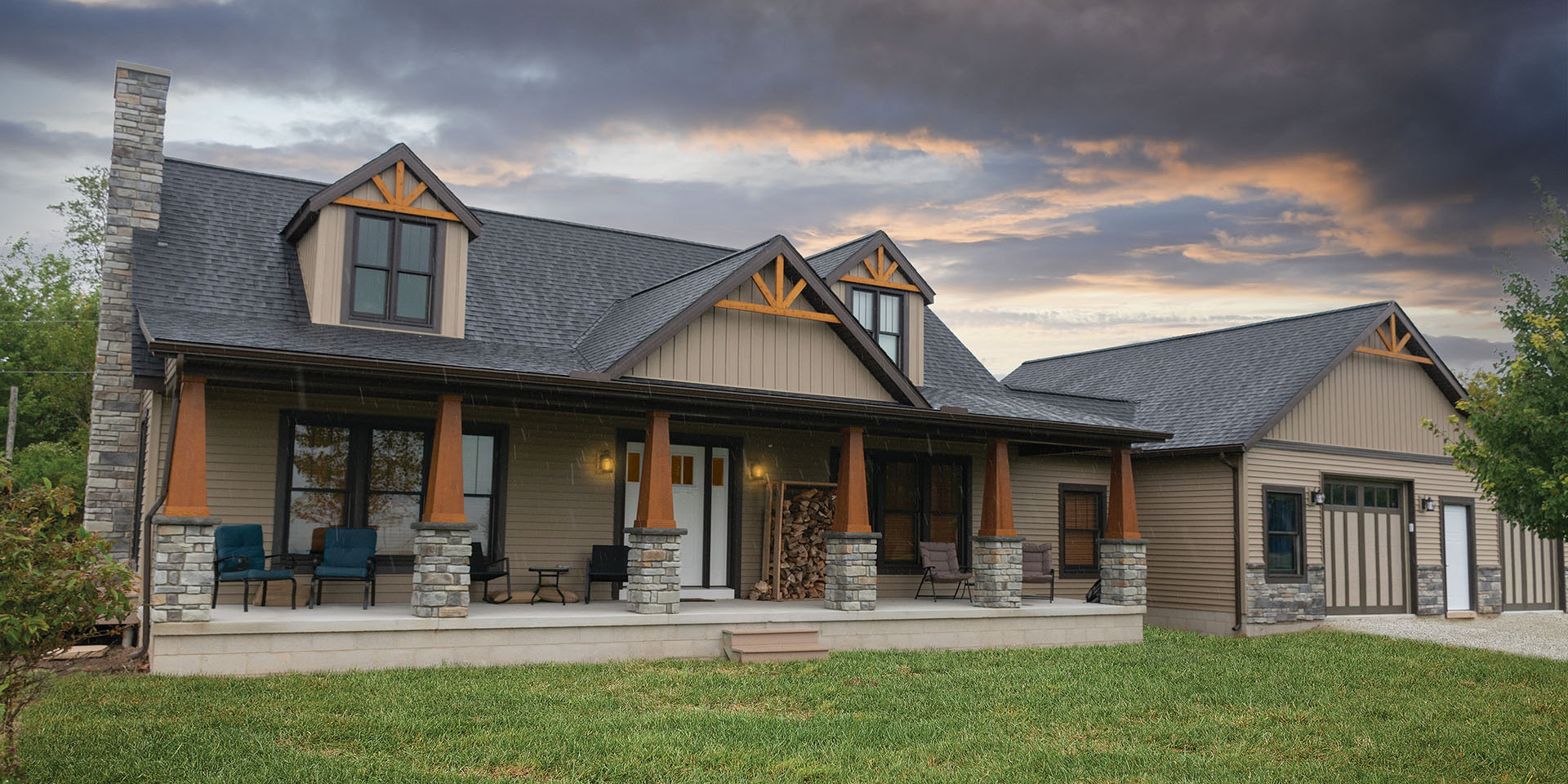 When it comes to considering the long-term durability of modular homes, there are many questions that arise.
When it comes to considering the long-term durability of modular homes, there are many questions that arise.
Homebuyers may wonder about the structural integrity of these homes over time, as well as how well they will hold up to extreme weather conditions. Additionally, concerns may be raised about the lifespan of various components of a modular home, such as the roof, siding, and windows.
It is crucial for homebuyers to thoroughly research and understand the materials and construction methods used in modular homes in order to make an informed decision about their long-term durability. Proper maintenance and regular inspections can also help ensure the longevity of a modular home.
Conclusion
In conclusion, the top drawbacks of modular homes extend beyond just their aesthetics. From limited customization options to potential resale challenges, there are various factors to consider before embarking on a modular home build.
While some advantages, such as faster construction timelines and potentially lower costs, may be appealing, its important for potential buyers to weigh the drawbacks carefully. Working with a reputable modular home builder can help navigate these challenges and ensure a successful home-building experience. Ultimately, understanding the limitations of modular homes can help buyers make informed decisions and create a home that meets their needs and preferences.

